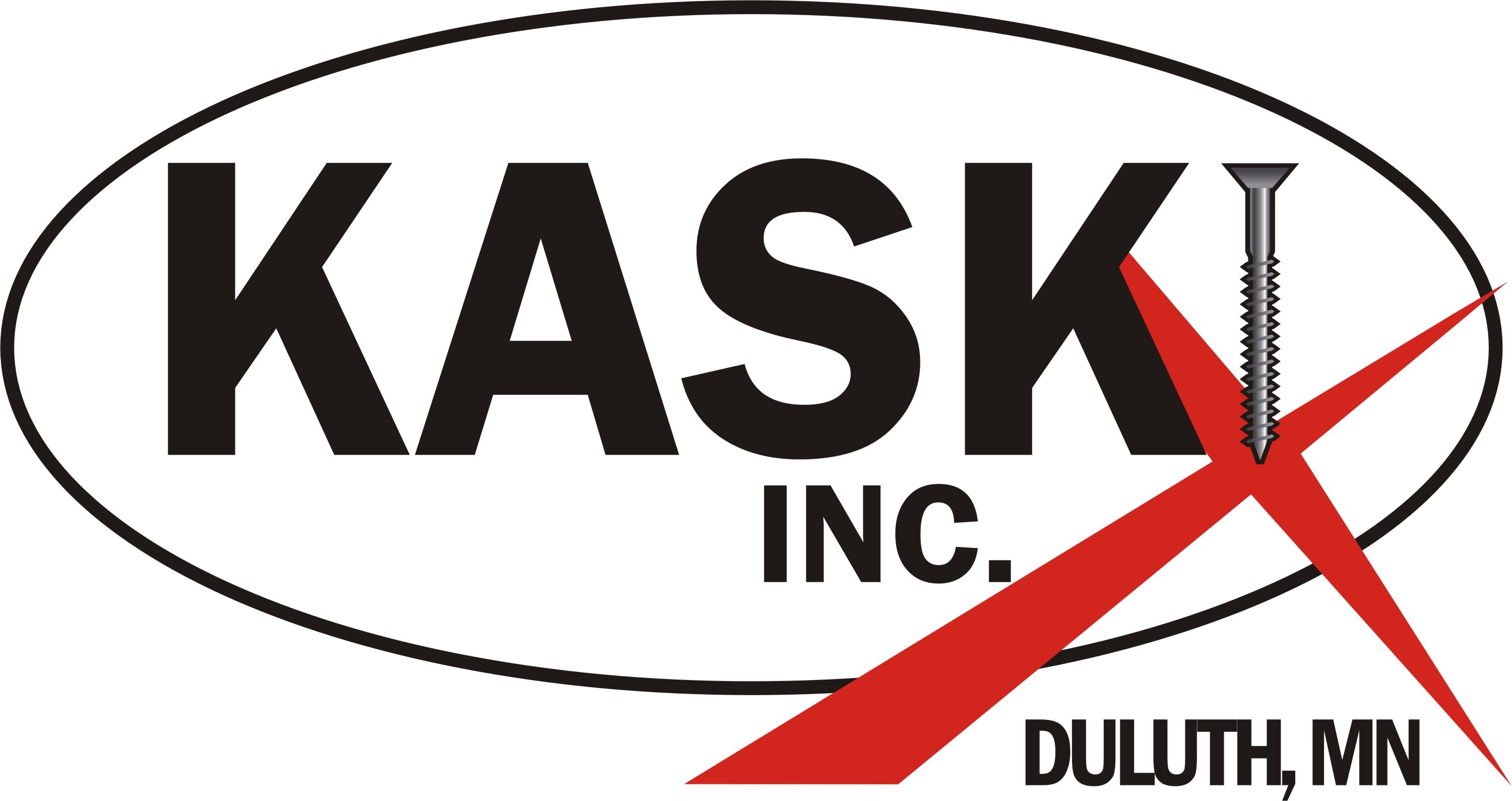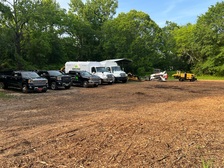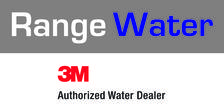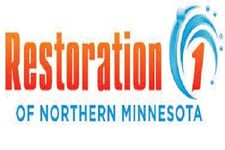
Get matched with top gas log pros in Laporte, MN
Enter your zip and get matched with up to 5 pros
Need a pro for your gas log service project in Laporte, MN?
Verified Reviews for Gas Log Service pros in Laporte, MN
*The Angi rating for Gas Log Service companies in Laporte, MN is a rating based on verified reviews from our community of homeowners who have used these pros to meet their Gas Log Service needs.
*The HomeAdvisor rating for Gas Log Service companies in Laporte, MN is a rating based on verified reviews from our community of homeowners who have used these pros to meet their Gas Log Service needs.
Last update on January 09, 2026
Find Gas log pros in Laporte

AppliancePartsPros.com
AppliancePartsPros.com
Since 1999, we've helped millions of do-it-yourselfers save money and fix their broken appliances quickly by providing quality appliance parts and free repair advice. We are only an online appliance parts retailer that offers a 365 day warranty and fast shipping. We also offer technical advice and diagnosis totally free 6 days a week. If you are interested in repairing your own appliance, please call us at 1-877-477-7278 or click live chat on our web site. We will help diagnose the problem and provide you with all the necessary information for the repair free of charge. It's better with the Pros!™ Avoid costly service calls - visit us at http://www.appliancepartspros.com
"Beware of shipping issues with this company. Ordered an ice maker installation kit on 10/10/25. Shipping was due no later than 10/20 according to company and FedEx tracking. FedEx tracking showed the package at their facility for 8 days without moving beginning on 10/15. Called FedEx 3 times. Each time they said they cannot find package and I have to contact shipper. Shipper has to make a claim, they will not mark it as lost. Called Appliance Parts Pros twice. Each time they say FedEx has to mark package lost before they will do anything. They also state they have to wait 14 days from them before doing anything because of their contract with FedEx. I don't care about their contract, I want what was ordered and paid for. Just going in circles with them and FedEX. If they shipped after 14 days it would be 22 days from that point, 32 days from the date of order if they shipped it that day. There was a deadline for installing this part before tenants arrive. They did not care, would not m"
Ron R on October 2025
Since 1999, we've helped millions of do-it-yourselfers save money and fix their broken appliances quickly by providing quality appliance parts and free repair advice. We are only an online appliance parts retailer that offers a 365 day warranty and fast shipping. We also offer technical advice and diagnosis totally free 6 days a week. If you are interested in repairing your own appliance, please call us at 1-877-477-7278 or click live chat on our web site. We will help diagnose the problem and provide you with all the necessary information for the repair free of charge. It's better with the Pros!™ Avoid costly service calls - visit us at http://www.appliancepartspros.com
"Beware of shipping issues with this company. Ordered an ice maker installation kit on 10/10/25. Shipping was due no later than 10/20 according to company and FedEx tracking. FedEx tracking showed the package at their facility for 8 days without moving beginning on 10/15. Called FedEx 3 times. Each time they said they cannot find package and I have to contact shipper. Shipper has to make a claim, they will not mark it as lost. Called Appliance Parts Pros twice. Each time they say FedEx has to mark package lost before they will do anything. They also state they have to wait 14 days from them before doing anything because of their contract with FedEx. I don't care about their contract, I want what was ordered and paid for. Just going in circles with them and FedEX. If they shipped after 14 days it would be 22 days from that point, 32 days from the date of order if they shipped it that day. There was a deadline for installing this part before tenants arrive. They did not care, would not m"
Ron R on October 2025

Home and Hearth
Home and Hearth
Additional email - [email protected].
"Friendly, knowledgeable service representative"
Karen L on January 2018
Additional email - [email protected].
"Friendly, knowledgeable service representative"
Karen L on January 2018
Simmons Tree and Landscape
Simmons Tree and Landscape
Simmons Tree and Landscape is a newly established family owned and operated business as of 2015. I have 16 years experience in tree care, we strive to make sure the home owner is satisfied with the quality of care we provide for their trees, in keeping them healthy, safe, and growing for years to come.
"My brand new shed had roof damage after Curt and his crew dropped trees above my shed. Curt claimed that my brand new shed was already damaged when they arrived but he conveniently “forgot” to take pictures. He became very rude with me and even accused me of knowing about the damage ahead of time and that I was just trying to pin it on them. DO NOT HIRE!!!!!!!!!!!!!"
Mary H on October 2024
Simmons Tree and Landscape is a newly established family owned and operated business as of 2015. I have 16 years experience in tree care, we strive to make sure the home owner is satisfied with the quality of care we provide for their trees, in keeping them healthy, safe, and growing for years to come.
"My brand new shed had roof damage after Curt and his crew dropped trees above my shed. Curt claimed that my brand new shed was already damaged when they arrived but he conveniently “forgot” to take pictures. He became very rude with me and even accused me of knowing about the damage ahead of time and that I was just trying to pin it on them. DO NOT HIRE!!!!!!!!!!!!!"
Mary H on October 2024
CJ's Chimney Sweep and Home Improvement
CJ's Chimney Sweep and Home Improvement
CJ's Chimney Sweep has been in business for over 25 years. We are licensed, bonded and insured.
CJ's Chimney Sweep has been in business for over 25 years. We are licensed, bonded and insured.
Dan Richter Construction LLC
Dan Richter Construction LLC
We are a full service General Contractor building new custom homes and garages, and remodels. We also build to your plans or ours. We will also do small jobs and subcontracting to other contractors for the do-it-yourself homeowner/contractor.
We are a full service General Contractor building new custom homes and garages, and remodels. We also build to your plans or ours. We will also do small jobs and subcontracting to other contractors for the do-it-yourself homeowner/contractor.

Kaski Inc
Kaski Inc
Kaski Inc. providing the “precision that you can depend on" on all of your residential and commercial needs.
Kaski Inc. providing the “precision that you can depend on" on all of your residential and commercial needs.
Lindula's Concrete & Masonry & Landscaping L L C
Lindula's Concrete & Masonry & Landscaping L L C
i have been in the trade for 30 years and i still find that it makes me happy. there's just three of us but we get it done. just knowing that when i get a job and get it done the feeling of making mine or are customer satisfied with a job will done is rewarding. i put alot of pride in my work and no job is to big or small we do them all. look forward to working with you in the furture.
i have been in the trade for 30 years and i still find that it makes me happy. there's just three of us but we get it done. just knowing that when i get a job and get it done the feeling of making mine or are customer satisfied with a job will done is rewarding. i put alot of pride in my work and no job is to big or small we do them all. look forward to working with you in the furture.

Nick's Tree & Landscape
Nick's Tree & Landscape
We are a professional company that will not let you down on any of your landscaping needs. At Nicks Tree and Landscape We have only the best well trained staff to get the job done the correct way. One call can do it all. check out our website at www.Nickstree.com for more info.
We are a professional company that will not let you down on any of your landscaping needs. At Nicks Tree and Landscape We have only the best well trained staff to get the job done the correct way. One call can do it all. check out our website at www.Nickstree.com for more info.
NELSON CUSTOM CONCRETE
NELSON CUSTOM CONCRETE
high-quality, low-cost concrete stamping. Concrete countertop for kitchen, bathrooms, and indoor/outdoor bars. Drain tile sump pump installation.
high-quality, low-cost concrete stamping. Concrete countertop for kitchen, bathrooms, and indoor/outdoor bars. Drain tile sump pump installation.
CAPITAL GRANITE
CAPITAL GRANITE
the CAPITAL difference from material selection to fabrication and installation
"This project which should have been simple has been a nightmare from the beginning. I needed a quartz countertop for my master bathroom. The lead times were excessively long just to get into their queue (over a month from measure to install) which drastically slowed down our project. Then, two out of the three measurements were wrong upon install--including the wrong size sink hole for our undermount sinks. Dealing with this has been a huge hassle for us and for the most part they have been challenging to schedule and work with. I am currently sitting at home waiting for them to arrive and they are 30 minutes past the promised window. I would never use again."
Kate P on January 2018
the CAPITAL difference from material selection to fabrication and installation
"This project which should have been simple has been a nightmare from the beginning. I needed a quartz countertop for my master bathroom. The lead times were excessively long just to get into their queue (over a month from measure to install) which drastically slowed down our project. Then, two out of the three measurements were wrong upon install--including the wrong size sink hole for our undermount sinks. Dealing with this has been a huge hassle for us and for the most part they have been challenging to schedule and work with. I am currently sitting at home waiting for them to arrive and they are 30 minutes past the promised window. I would never use again."
Kate P on January 2018
The Laporte, MN homeowners’ guide to gas log services
From average costs to expert advice, get all the answers you need to get your job done.

This guide shares information about the cost to remove a gas fireplace, including the average price to additionally remove the breast, stack, and chimney flue as well as which experts will be needed to complete the project.

Want a safer, cleaner alternative to your traditional fireplace? Use this guide to determine the cost to convert a fireplace to gas in your home.

With a gas fireplace, it’s important to stay up-to-date on your inspections. Learn more about how much gas fireplace inspections cost before you book one.

Jobs involving natural gas are best left to professionals. Use these expert tips to hire a natural gas plumber who can get the job done right.

Ventless gas logs serve the same purpose as vented gas logs. But that doesn’t mean they’re interchangeable. Find out more on whether you can use ventless gas logs in a vented fireplace or not using this informational guide.
Is a homeowner liable if a contractor hits a gas line while digging? Not if you or your contractor have the gas line marked before digging.
- 🌱 "Mow a small front yard"
- 🛠 "Fix a leaking pipe under the sink"
- 🏠 "Repair shingles on an asphalt roof"







